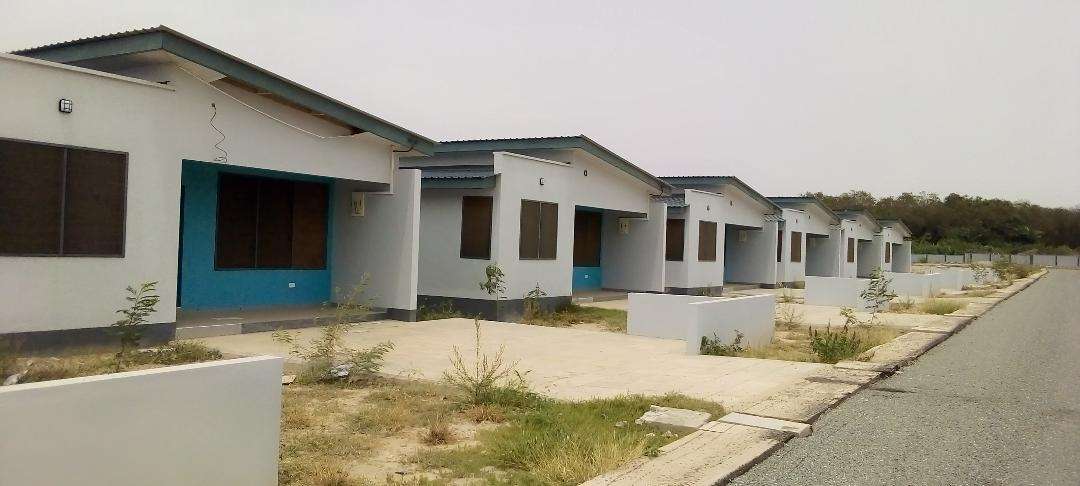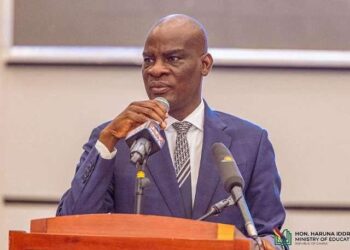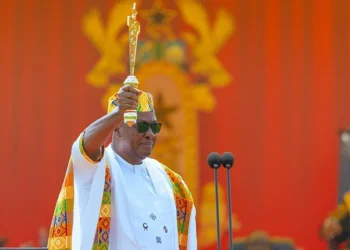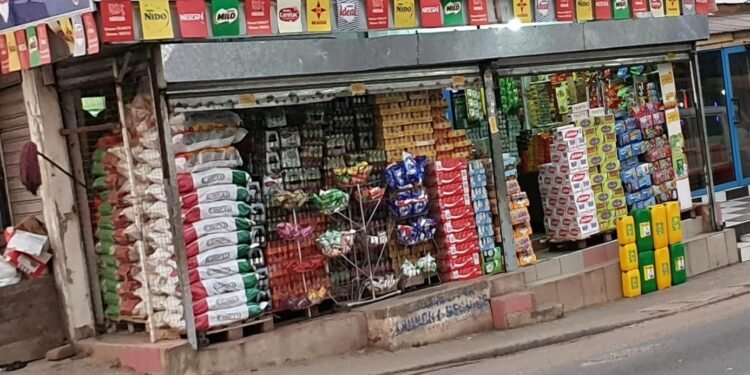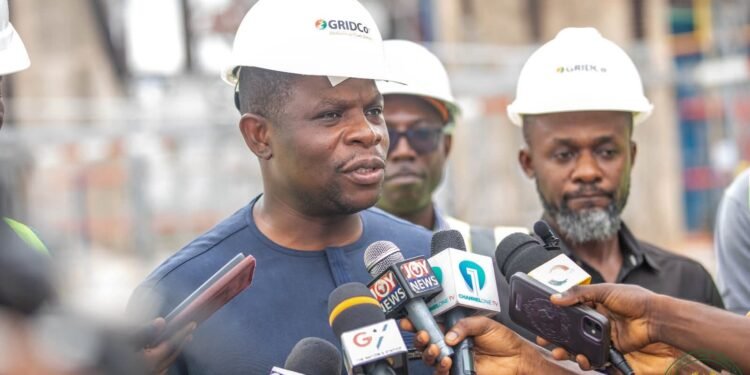The Secretary-General of Tenants Union of Ghana, Mr Frederick Opoku, has expressed the need for the union to embark on a strike action to demonstrate over government’s failure to decisively resolve the housing crisis.
According to him, successive governments have paid lip-service to reducing the huge deficit in the housing sector. He revealed that about quite a number of Ghanaians living in the country do not have a roof over their heads as a result of their inability to afford the ever increasing rent charges.
“By the close of this year [2022], we ought to do one powerful demonstration in this country for the government to know that it can never take the people for a ride. Housing Minister [Francis Asenso-Boakye] should step up the game; and that he was brought in to fix the situation.”
Frederick Opoku
Mr Opoku indicated that President Akufo-Addo’s government has been unresponsive to the plight of ordinary Ghanaians.
“He has been a very irresponsible President when it comes to housing. He made pledges to the people of Ghana… We have over 18 million active population who do not have a place to sleep, so he cannot continue to govern this country and we are about to step out, and if we step out, maybe his government will be very unpopular.”
Frederick Opoku
The Secretary-General called on the Rent Control Department to institute measures to prevent landlords from exploiting their tenants and threatening them with unlawful evictions. Despite the fact that the Rent Control Department claimed it had resolved 89% of disputes brought to its attention, Mr Opuku expressed the need for the Department to be very responsive in its approach in dealing with the problems in the housing sector.
Government pledges to establish national housing scheme
One of the longstanding socio-economic challenges of Ghana is the availability of affordable and decent housing for all citizens. It will be recalled that the NPP government in its 2020 manifesto pledged to establish the National Housing and Mortgage Finance Scheme to address both the housing supply and demand-side financing challenges.
The party equally also promised to make it easier to build low- and middle-income housing in the short, medium and long term.
Among other things, it was expected that this intervention will take the rent advance load off the shoulders of many Ghanaians and ensure a predictable rental income for landlords. Acknowledging that over the years government has not been able to keep track of landlord-tenant transactions and thus lost out on tax revenues that could accrue to the state, the scheme is expected to have an absolute effect for landlords, tenants and the state, contributing to the progress of the country.
Further, the NPP recognized in its manifesto that Ghana’s housing deficit is “particularly acute for low income households”. With this, the party intended to commit building low-income houses over the four years of its administration.
Additionally, it sought to make use of local materials and to colaborate with the Building and Roads Research Institute (BBRI) as well as private developers.
READ ALSO: Humanitarian Coordinator Calls For Joint Action To Address Humanitarian Crisis In South Sudan

